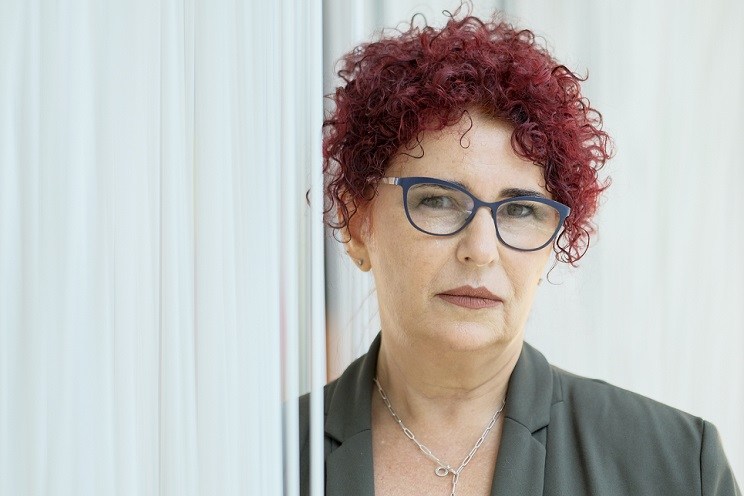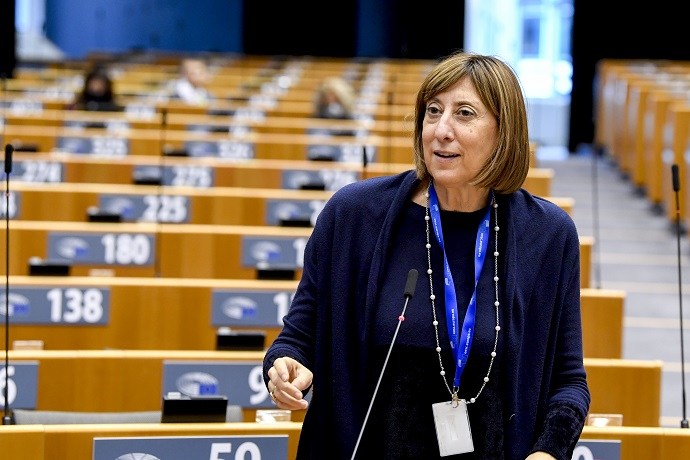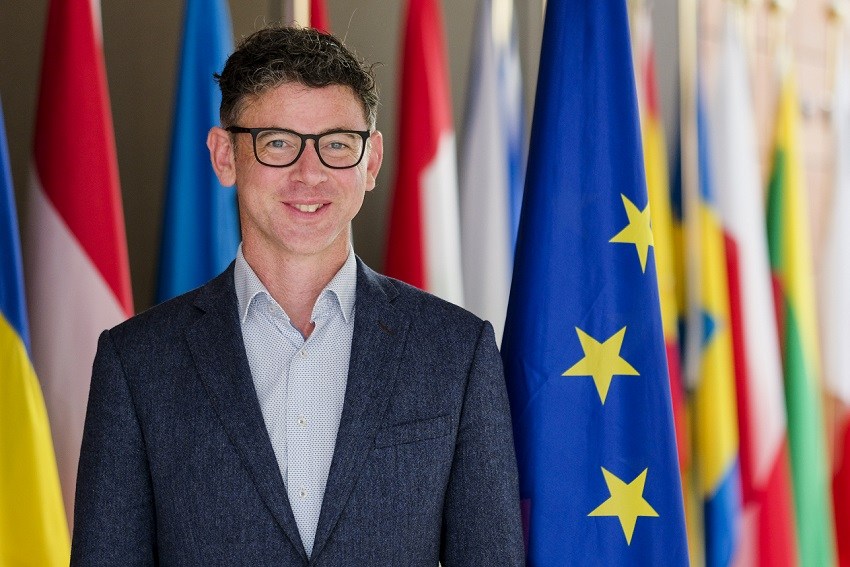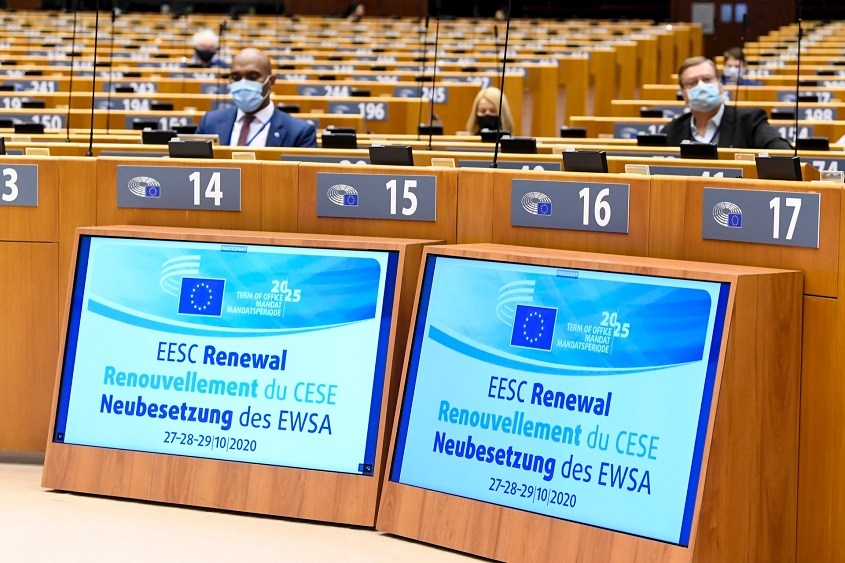The European Economic and Social Committee (EESC), a 329-member consultative body which represents Europe's organised civil society in Brussels, has a fresh five-year mandate with over 40% of its members being new. It also has a resolute new presidency that is ready to demonstrate the EESC's worth for what it is: a vital ingredient of Europe's participatory democracy, that indispensable link between grassroots organisations and EU policy-makers and a dynamic networking platform for civil society.
The EESC's inaugural plenary session, held in late October, marked the beginning of its 16th term of office and was certainly the most unusual in its 62-year history. As had always been the case in the past, it was intended to be a festive event. New and old EESC members were meeting for the first time in their capacity as representatives of their countries in the only EU body that gives a voice to Europe's organised civil society in all its diversity, bringing together employers, trade unions and civil society organisations representing various interests.
But this time, due to COVID-19 restrictions, its Brussels corridors were deserted. Although the atmosphere remained festive, with many high-level speakers wishing the EESC every success in the next five years, the entire plenary session was held online. Only the opening speech was delivered in person by – as the EESC rules dictate – its oldest member, from an eerily empty hemicycle in the European Parliament which was hosting the occasion.

EESC President Christa Schweng, ©EU2020 – source: EESC
The new presidency, whose tenure will last until March 2023 (EESC presidencies change half-way through the term of office), was also elected remotely and Austria's Christa Schweng, the EESC's 33rd president and the fifth woman at its helm, delivered her inaugural presidential speech from her Vienna office. The EESC also elected two new vice-presidents – Italy's Giulia Barbucci for budget and Ireland's Cillian Lohan for communication.
All three are convinced Europeans boasting extensive expertise in their respective fields. Ms Schweng, a senior advisor in the Social Policy Department at the Austrian Federal Economic Chambers (WKÖ), has been with the EESC since 1998. Mr Lohan is a leader in the field of circular economy who helped establish the European Circular Economy Stakeholder Platform, whereas Ms Barbucci is a long-standing member of Italy's largest trade union confederation, CGIL.

Giulia Barbucci, Vice-President for Budget, ©EU2020 – source: EESC
They believe that the EESC is indispensable for a functioning participative democracy, as the EU aspires to be, and have unwavering faith in its power to influence EU policy-making.
They are convinced that the hands-on experience of civil society representatives will be crucial in helping Europe emerge stronger after the COVID-19 crisis.
"In the current context, more than ever, we need to join forces, develop a vision for a new, post-COVID Europe and do our utmost to ensure that our Committee provides a powerful contribution to Europe's recovery and future resilience," urged Ms Schweng.
"We must convince citizens that the EU is a positive project if we are to contain the economic and social costs of this crisis. The EESC can play a very important role in this," Ms Barbucci stated.
The EESC consists of three groups: Employers, Workers and the group representing various civil society organisations: Diversity Europe. They defend the widest possible range of interests, interests that may sometimes appear to be directly conflicting, but EESC members (who are nominated by their national governments and appointed by the Council of the EU) have to negotiate to find the common ground, thus working together, united, for the common good of the EU. This makes the EESC different from lobbyists and unique as a body, giving it real added value.

EESC Vice-President for Communication Cillian Lohan, ©EU2020 – source: EESC
"We build consensus here, and this is the power that brings weight to our work," Mr Lohan maintained.
The motto of this presidency is "United for the future of Europe", which will also be reflected in the EESC's active participation in the Conference on the Future of Europe. At the heart of the presidential programme is an economically prosperous, socially inclusive and environmentally sustainable Europe – it is these presidential priorities that will underpin the EESC's work and will be translated into its opinions.
The opinions are the EESC's main tool, securing input from EU civil society to legislative and other proposals at the request from the Commission, the Parliament and the Council or at members' own initiative. When preparing them, EESC members work closely together on a huge number of topics directly affecting European citizens, ranging from labour and financial matters to farming, climate change and minority rights. The opinions are debated and adopted during EESC plenary sessions, which are held nine times a year in Brussels.
In pre-pandemic times, the EESC organised numerous conferences and hearings, providing many networking opportunities and speaking platforms for civil society but also for other actors, connecting people and organisations and enabling the exchange of ideas and good practices.
The EESC's vibrant work now continues online!
If you are interested in what the EESC does as a bridge between the EU and civil society, join us for a virtual visit!
Visit our website!
Follow us on Twitter, Facebook, Instagram and Linkedin
And watch the video:
https://www.youtube.com/watch?v=4YAcNXnAqdI&feature=youtu.be

